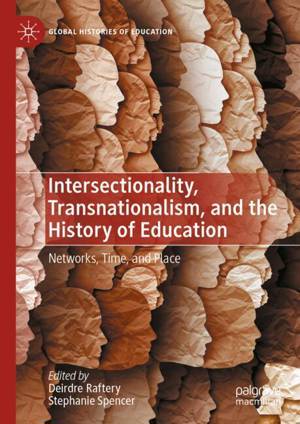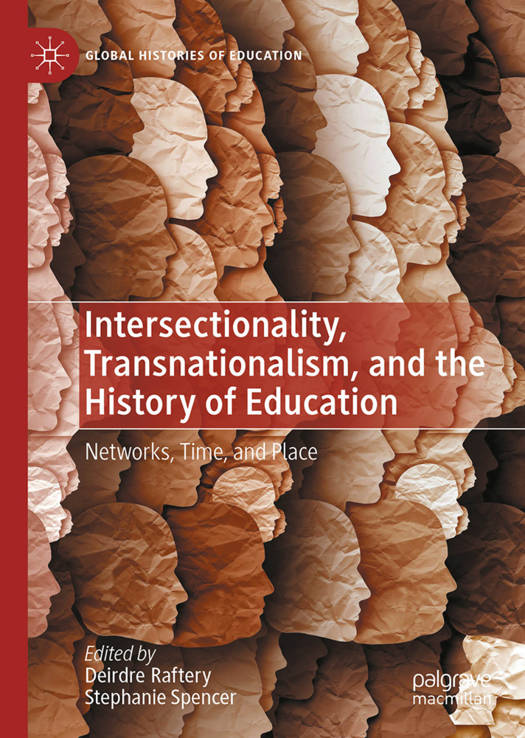
- Retrait gratuit dans votre magasin Club
- 7.000.000 titres dans notre catalogue
- Payer en toute sécurité
- Toujours un magasin près de chez vous
- Retrait gratuit dans votre magasin Club
- 7.000.0000 titres dans notre catalogue
- Payer en toute sécurité
- Toujours un magasin près de chez vous
Intersectionality, Transnationalism, and the History of Education
Networks, Time, and Place
Description
This volume brings together a diverse range of contributors to explore the significance of intersectionality and transnationalism, with reference to the history of education. The chapters cover a range of educational spaces and places and demonstrate the possibilities that theoretical approaches can offer to scholars at all levels of their academic career. The chapters focus specifically on women's activism in order to maintain a coherent framework of research that is brought together in an introduction and concluding thoughts. The significance of gender as relational and a symbol of power ensures that men and masculinities are not overlooked but recognized as integral to understanding gender dynamics as they affected women's education and the ways in which that education took place.
Spécifications
Parties prenantes
- Editeur:
Contenu
- Nombre de pages :
- 305
- Langue:
- Anglais
- Collection :
Caractéristiques
- EAN:
- 9783031706295
- Date de parution :
- 27-10-24
- Format:
- Livre relié
- Format numérique:
- Genaaid
- Dimensions :
- 159 mm x 211 mm
- Poids :
- 526 g

Les avis
Nous publions uniquement les avis qui respectent les conditions requises. Consultez nos conditions pour les avis.





